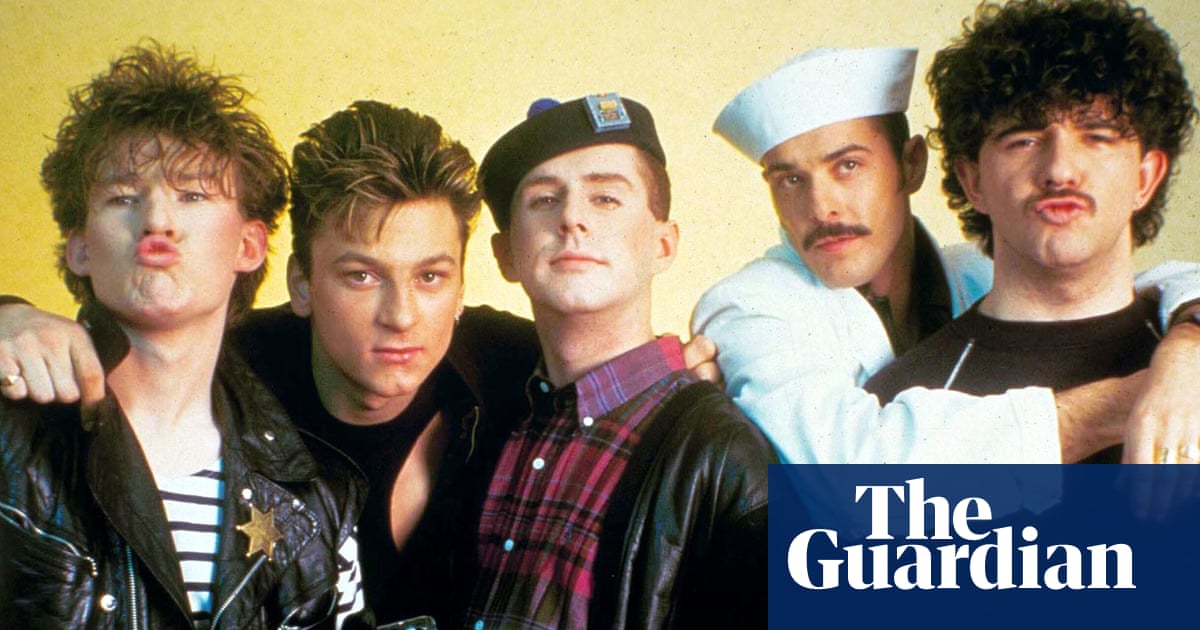You have a preview view of this article while we are checking your access. When we have confirmed access, the full article content will load.
In March of 2022, the novelist Hannah Pittard got an email from her agent that made her stomach flip: “Did you see this?” the subject line said.
The message contained a screenshot from a publishing industry website, announcing that Pittard’s ex-husband, Andrew Ewell, had written a novel. The plot so closely mirrored their troubled past that at first Pittard thought it must be a memoir.
Pittard herself had already written a memoir about their marriage and divorce, which used imagined and reconstructed dialogue to recount how, in the summer of 2016, she learned that Ewell was cheating on her with her best friend, and how the double betrayal shattered her sense of self.
Ewell had taken some of the same events and turned them into “Set For Life,” a satirical novel narrated by an aspiring writer who resents his wife’s successful fiction writing career, struggles to produce his own work and has a love affair with her best friend. In a metafictional twist, when the unnamed narrator’s wife learns he’s cheating, she writes an autofictional book about their marriage and divorce; the narrator later writes an autofictional novel of his own.
Pittard sat stunned in her kitchen, reading the announcement over and over.
“I just kept seeing the overlaps from our life,” she said. “I was having these wildly competing emotions. I was so annoyed, so mad, but most of all, I was curious.”
She also found the situation bizarrely funny. “I did what I naturally do,” Pittard said. “I started writing about it.”

 4 months ago
54
4 months ago
54








 English (US) ·
English (US) ·